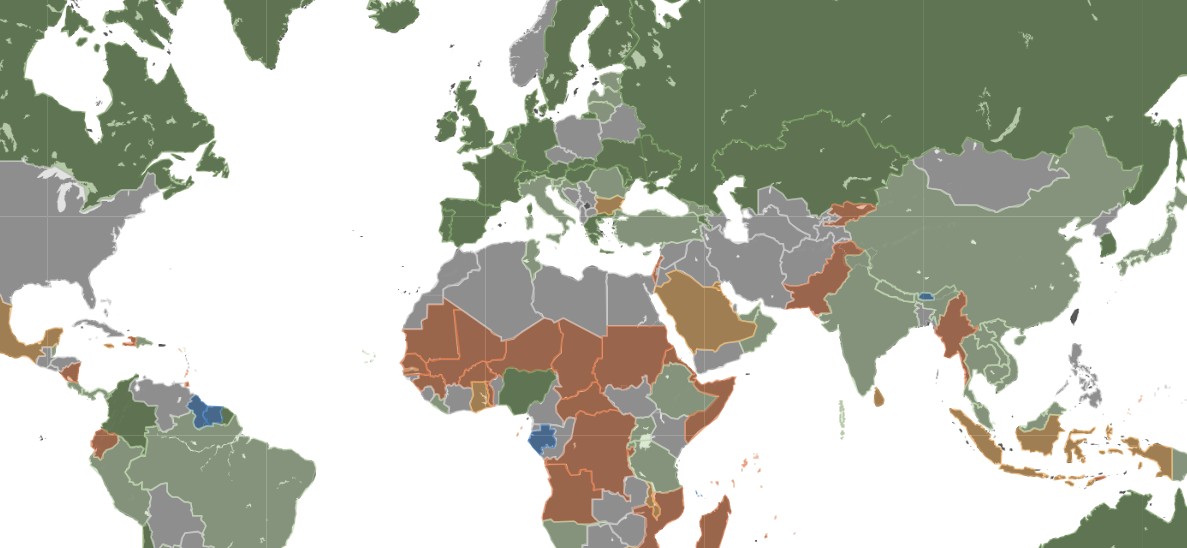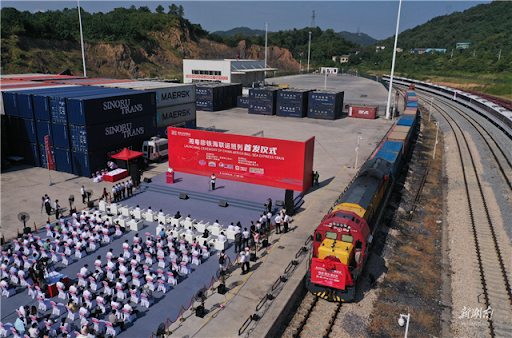Green economy exposure threatens SA exports

South Africa’s trade-oriented economy faces mounting risks as companies decarbonise supply chains and countries begin to impose penalties on carbon-intensive imports, warns Net Zero Tracker (NZT).
According to the digital data accountability platform for decarbonisation across the globe, the local coal-dependent power grid – which drives up embodied CO2 emissions – makes it uniquely vulnerable, threatening billions in export revenue and hundreds of thousands of jobs.
This is contained in the latest report by NZT, Carbon Competitiveness: South Africa at the Net Zero-Trade Nexus.
The report has found that 78% of South Africa’s US$135 billion in exports go to countries with net zero targets – supporting 1.2 million jobs or 7% of national employment.
For exporters from countries like South Africa, which lack credible carbon pricing, carbon border adjustment mechanisms (CBAMs) pose an expanding risk of reduced competitiveness, shrinking market access and potential job losses.
NZT states that 422 000 South African jobs currently depend on exports to jurisdictions with active or incoming CBAMs such as the EU (fully active from 2026) and the UK (fully active from 2027).
Some 89 000 jobs are linked to other economies considering similar measures.
The report states that, across all major export sectors, other country producers exist with substantially lower embodied emissions. South Africa’s basic metals sector has nearly twice the embodied CO2 emissions of its next most carbon-intensive counterpart.
Furthermore, across all top agricultural export categories and markets, alternative producers exist with at least three times lower embodied emissions.
In South Africa’s 10 largest export markets, at least 323 multinational companies, with a combined US$11 trillion in revenue, have Scope 3 (supply chain) net zero targets, placing pressure on suppliers to slash the embodied emissions from their exports.
NZT said: “Accelerated decarbonisation of its grid is the single most impactful step South Africa can take to remain export competitive and cut trade-exposed emissions.”
Source : FREIGHT NEWS





